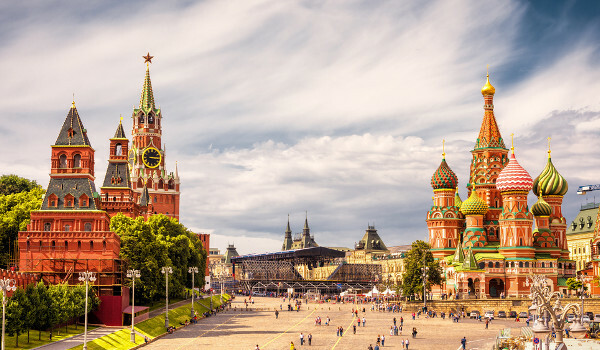“You may be wondering why the UN Secretary General is writing about football. But the World Cup makes us at the United Nations die of envy. As the only truly global game, played in all countries, by all races and religions, it is one of the few phenomena as universal as the United Nations. We can even say that it is even more universal. FIFA has 207 members. We have 191.(...)" Excerpt from an article written by Kofi Annan, former UN secretary general, for Folha de São Paulo, on June 9, 2006.
The previous paragraph summarizes the idea of the phenomenon that is the world Cup: the highlighted excerpt compares to FIFA (International Football Federation) to the United Nations Organizations, a world body whose main objective is to mediate international relations, having peace as its goal. Now, the UN, the most important organ of the international community, has fewer members than FIFA: this is an alarming fact. This shows that we are not really aware of the meaning of this tournament.
World Cup History
Historically, the World Cup arose as a result of the former Olympic Football Tournament, held in 1924, in France, and organized by FIFA. The event was so successful that it was thought to elect the best international football team every four years, regardless of the Olympic Games. THE first cup it happened in 1930, in Uruguay. The choice for the country occurred because Uruguay was considered the best team at the time, as it won the Olympic Tournament twice in a row. The first World Cup was organized along the same lines as the Olympic Games, in which only one city offered sports facilities. From the second edition, in 1934, it became the rule to distribute the games throughout the country that hosts the event.
Importance of the World Cup
A study by Orlando Duarte shows the rise in popularity of the World Cup from 1930 to the 2002 event. The figures range from 434,500 people to the initial event, reaching in 2002 2.5 billion spectators. It is necessary to remember that, in 1930, television did not exist and there were many limitations in the means of communication, a fact that is unimaginable nowadays. This worldwide visibility that the World Cup has makes it a great commercial event. This means that FIFA has built a billion dollar business, selling its brand and its television rights while offering global companies the biggest advertising opportunity in the world.
Do not stop now... There's more after the advertising ;)
Another important thing to think about is that the World Cup is not just about football: economics and politics are also part of the package! The choice of the host country for the event is based on an agreement between investors and government institutions based on common political and economic interests. In addition, the tension of holding the event is so great that FIFA has resorted to financial coverage against possible cancellations of the World Cup. An example that became quite famous was the 2002 World Cup, which took place in Japan and South Korea, in which FIFA assured itself against cancellations due to earthquakes or instability politics.
The interests involved in an event at the level of the Football World Cup are much greater than a simple love for the sport. But of course that happens on the part of the organizers. The side of the fans has no economy and no politics: the spectator wants to see his country win and, preferably, with beautiful football. It is only when we see an entire country stopping to watch a football game on television that we can understand Kofi Annan's words.
By Paula Rondinelli
Brazil School Collaborator
Graduated in Physical Education from the São Paulo State University “Júlio de Mesquita Filho” – UNESP
Master in Motricity Sciences from the São Paulo State University “Júlio de Mesquita Filho” – UNESP
PhD student in Latin American Integration at the University of São Paulo - USP
Would you like to reference this text in a school or academic work? Look:
RONDINELLI, Paula. "The World Cup Phenomenon"; Brazil School. Available in: https://brasilescola.uol.com.br/educacao-fisica/historia-da-copa-do-mundo.htm. Accessed on June 28, 2021.
PE

Russia will host the 2018 Football World Cup matches. Learn from this text some of the geography of the World Cup host cities: Kaliningrad, Kazan, Moscow, Nizhny Novgorod, Rostov, St. Petersburg, Samara, Saransk, Sochi, Volgograd, Yekaterinburg.

